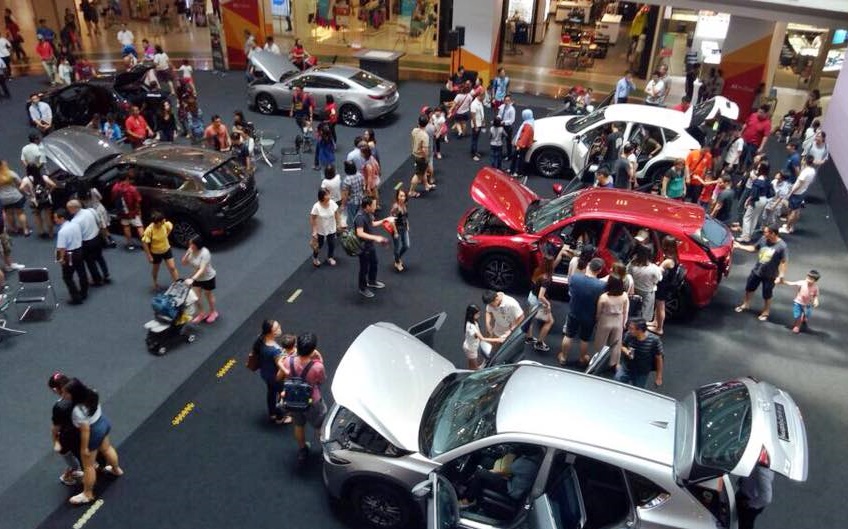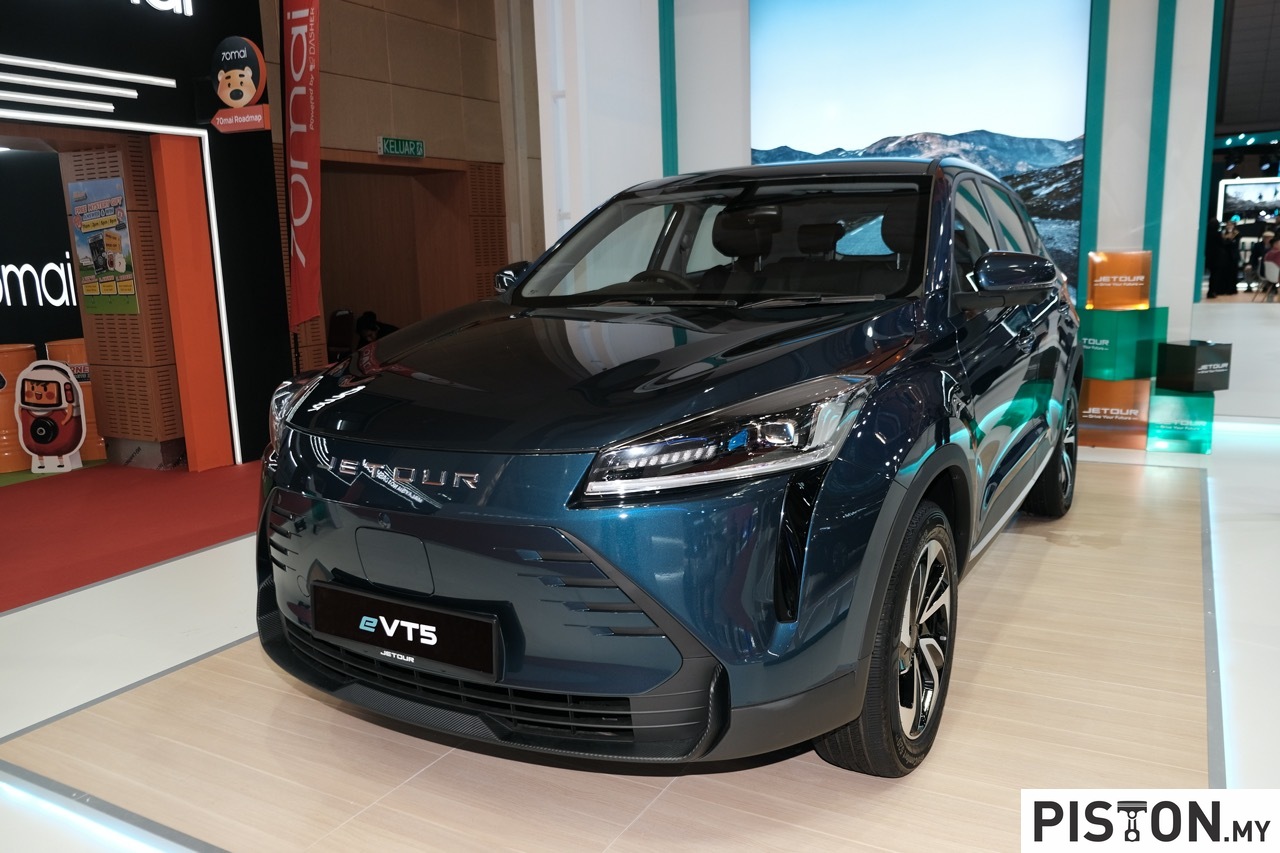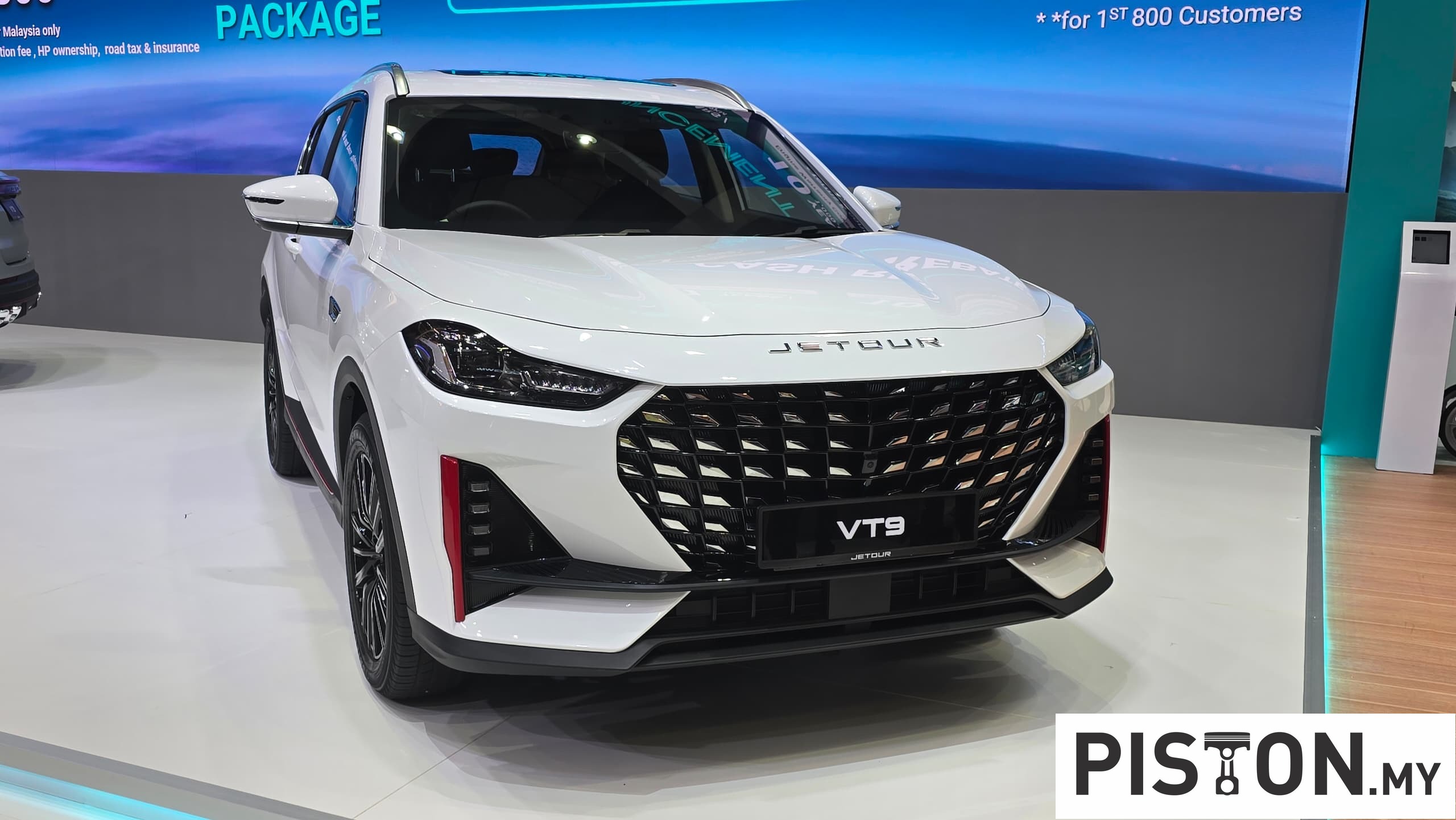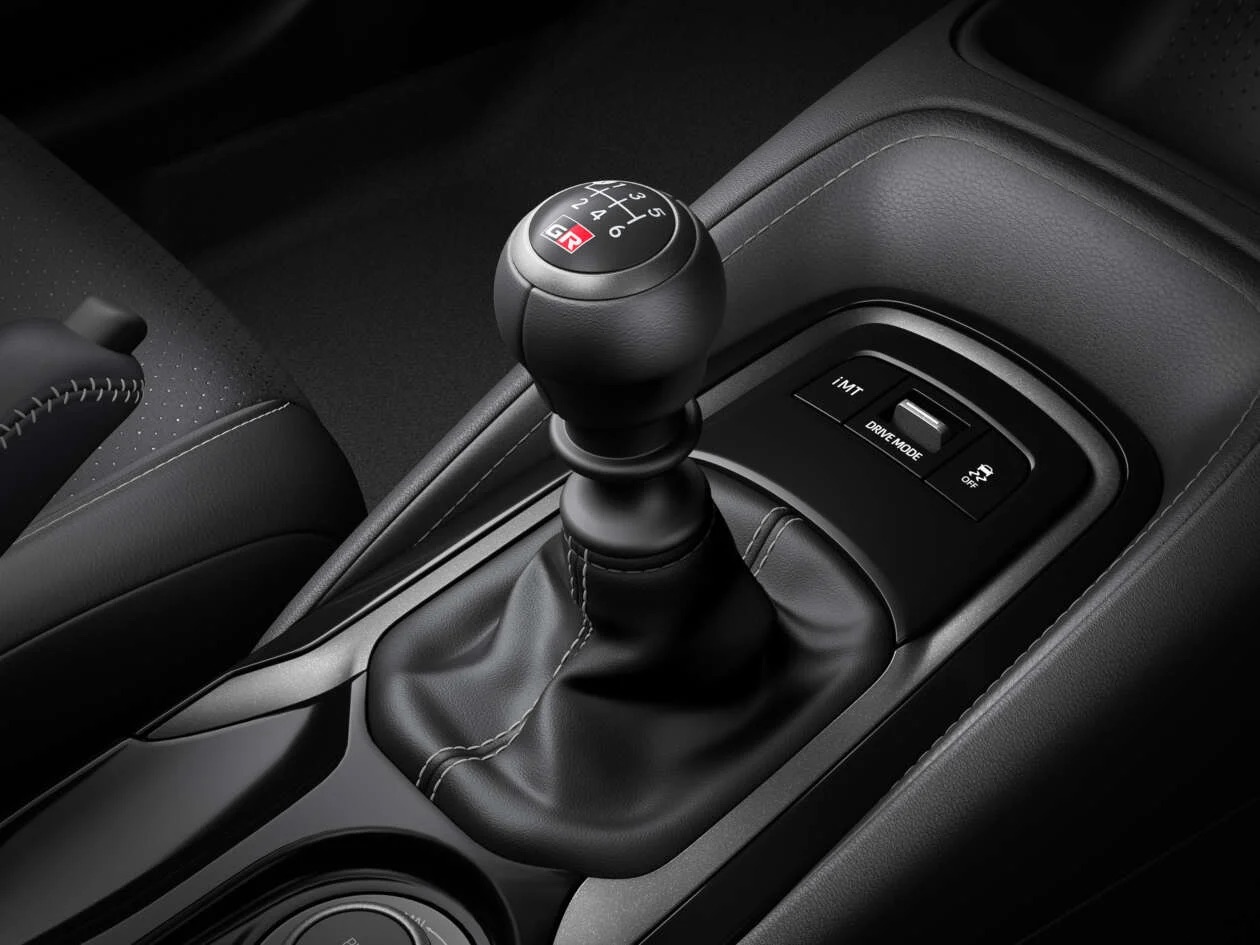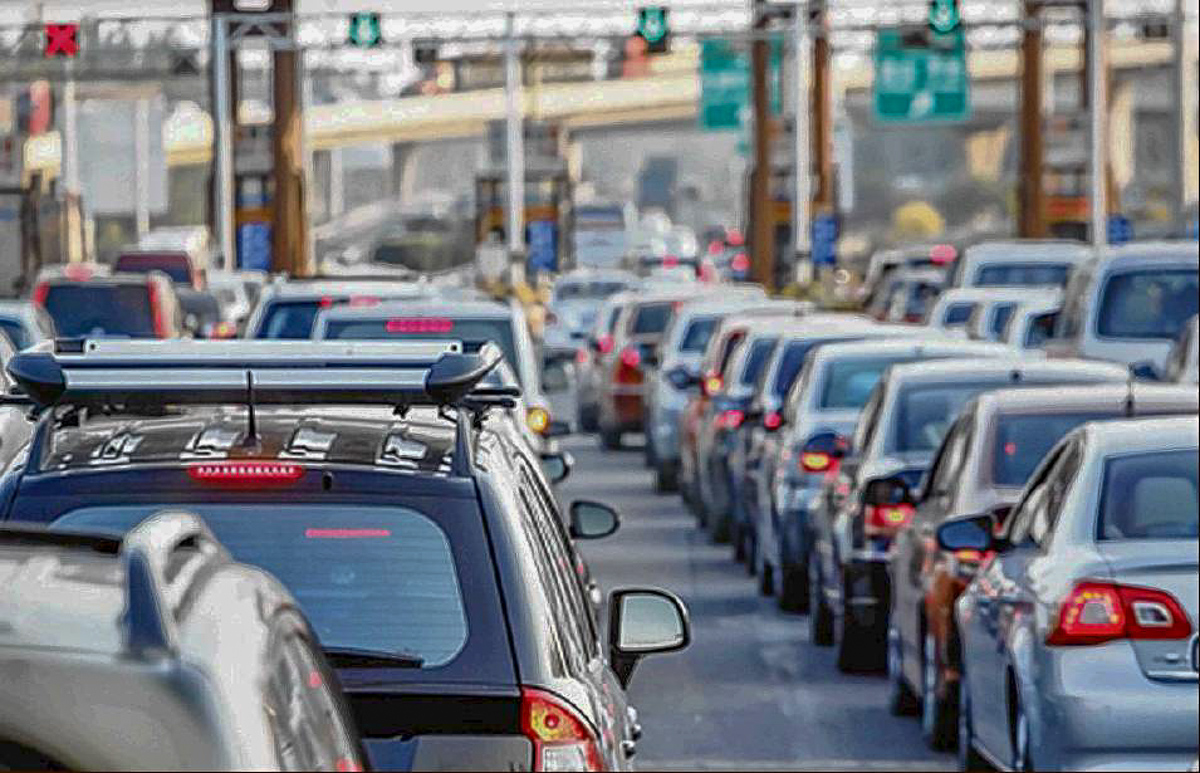In the past couple of weeks, there has been speculation that a new tax structure will result in new vehicle prices increasing after the Chinese New Year period. The matter (which related to excise duties) was even documented in the Government Gazette at the end of last year, catching the car companies by surprise.
Needless to say, the public was not happy, especially when it concerned increases in car prices. It’s a sensitive issue because the view is that our car prices are too high and that’s of course due to the taxes imposed. Rather than look at higher sales generating more taxes, the government prefers to just impose heavy taxes to get its revenue which is around RM7 billion a year from the auto industry.
Anyway, you can breathe easy now as the Finance Ministry has confirmed that there will be no increase in new vehicle prices, for the whole of 2020 at least. The good news was conveyed by Datuk Aishah Ahmad, President of the Malaysian Automotive Association (MAA), during the association’s annual press conference to review the market in 2019.
Good news for car companies and consumers
Datuk Aishah said she had actually been informed of a meeting to get the news but she said she was already committed to the press conference so the ministry officials thought it would be a timely announcement she could make when the media was gathered. It was a piece of good news for the industry – something rare as, more often than not, there are new policies which increase the challenges. This time, many people will be able to go off for their holidays relieved that they won’t be coming back to a more difficult situation.
“The Finance Ministry informed me this morning that there will be no increase in the on-the-road price of vehicles due to the transparent reporting of the Open Market Value (OMV). If there is any vehicle affected by this reporting, there will be 100% exemption on the increase incurred until December 31, 2020,” she said.
She was made to understand that any increase in prices as a result of the transparent methodology would be fully absorbed/exempted by the Finance Ministry during 2020, and the difference in duties for past years would also be exempted.
“This is effective immediately and our member companies have been asked to submit the OMV based on the transparent calculation to the Customs Department for those vehicles which are affected by applying the methodology,” Datuk Aishah said.
She explained that the methodology was not actually new and had been applied for years. However, with the transparent calculation, there should be no more disputes over the OMV and this will speed up things. It is understood that the actions of the ministry are related to its obligations as a member of the World Trade Organization (WTO).
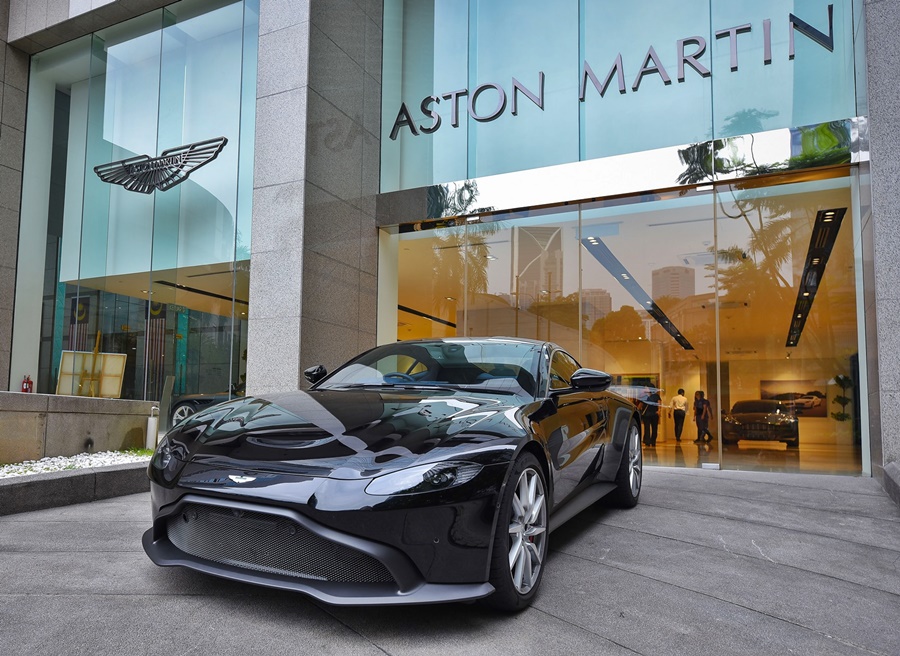
After 2020?
And what happens in 2021? “Well, we have been informed that there will be further consultations by the industry players with the Finance Ministry and Customs during the year,” she said, adding that the prices of CBU (completely built-up) imports would likely change after May 31, 2020. This is due to a revised method of computation which will be more ‘real-time’ with respect to the value of the vehicles.
So if you were worried that you might have to pay more if you buy after Chinese New Year, that’s not going to be the case. The announcement does not mean that prices won’t change as there are other factors that influence pricing, eg exchange rates, production costs, etc but those are beyond the control of the industry and the government. But as has also been the case for years, the companies will try their best to absorb increases for as long as they can so that their prices remain attractive and competitive.







